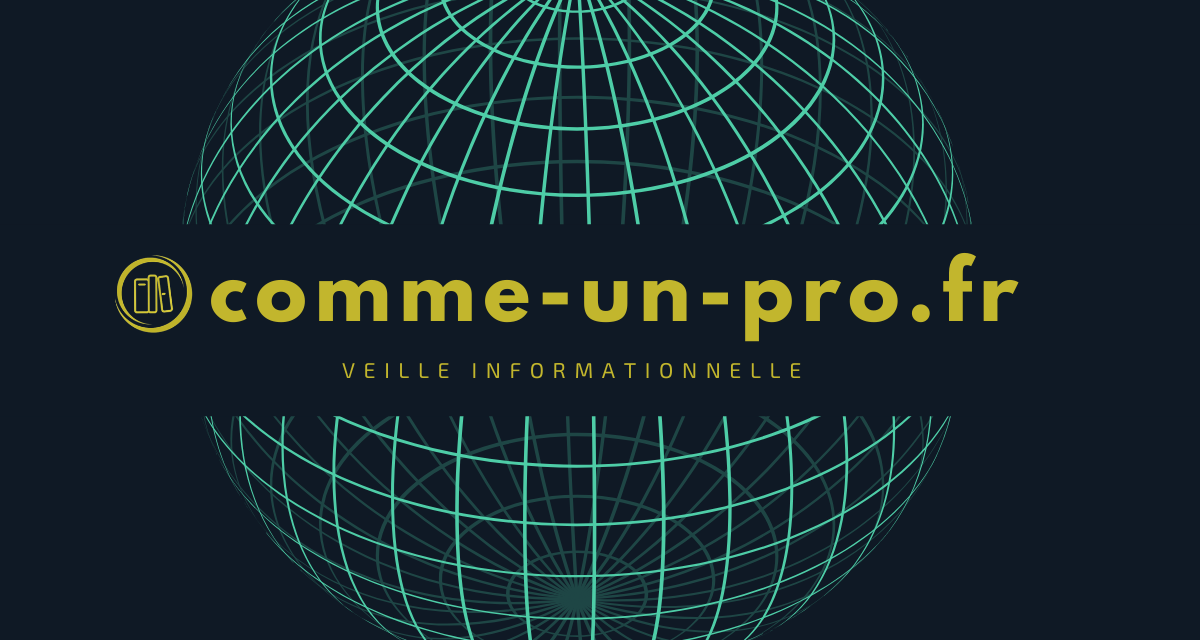This course takes place in 6 one-week modules:
The “History of video games” module questions the way in which the history of the medium is traditionally told. This module is an opportunity to return to questions of conservation, sources and the construction of video game genres. Two focuses will focus on the presentation of the Ritsumeikan Center for Games Studies and on a Belgian video game developer, Abrakam.
The “Being in the game: avatar, immersion and virtual body” module presents different approaches to playable entities in video games. We will explore how these can be part of a narrative, can allow the user to interact with the virtual environment, or how they can promote engagement or reflection on the part of the player.
The “Amateur video game” module presents the different practices for creating video games outside the economic spheres (modding, creation software, homebrew, etc.). Moreover, it proposes to question these practices and their various stakes, such as the motivations of the amateurs, their tastes for the video game, or the cultural diversity.
The “Video game diversions” module will focus on different practices of players who reuse video games to create derivative works: by using games to make short fiction films (or “machinimas”), by transforming their game performing, or by modifying the rules of an existing game, for example.
“Video games and other media” focuses on the fruitful dialogue between video games and literature, cinema and music. The module begins with a brief history of these relationships, then focuses specifically on each medium.
“The video game press” closes the course by observing how the specialized press talks about video game news.


